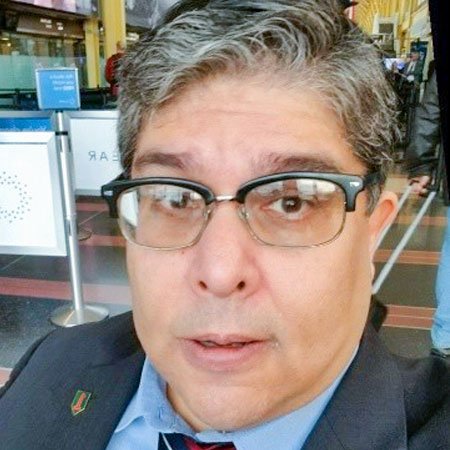Do federal judges have the power to suspend constitutional guarantees on a whim? Judge Andrew Napolitano doesn’t think so.
"which runs contrary to the fundamental structure of our constitutional democracy. See Boumediene v. Bush, https://t.co/K1TauvHt4w
— Matt Shaw (@_MattShaw) February 9, 2017
Napolitano: ” ‘No person shall be… deprived of life, liberty, or property without due process of law.’ — Fifth Amendment to the U.S. Constitution
“Last year, a detainee at the U.S. Naval Base at Guantanamo Bay, Cuba, filed a writ of habeas corpus in a federal district court in Washington, D.C. — to which all cases from Guantanamo have been assigned — and it was denied because he was not in the United States. A writ of habeas corpus is the ancient individual right of every person confined by the government to require the government to justify the confinement under the law to a neutral judge. That right is guaranteed by the Constitution. This is so because the framers, who knew of summary incarceration by British authorities, made certain that the new government here could not treat any persons as the British government had treated the colonists.
“One of the arguments that the British government had made was that the rights of Englishmen — which included the right of habeas corpus — only applied to persons in England. So the framers included language in the Constitution that prohibited the suspension of the right except in cases of rebellion or invasion of such magnitude that the courts could not sit. Like most rights in the Bill of Rights, the Constitution does not grant the right of habeas corpus — which comes from our humanity — but prohibits the denial of it. When Congress attempted to suspend the writ of habeas corpus in 2006, denying the jurisdiction of federal courts to hear habeas applications from any detainee at Guantanamo Bay, the Supreme Court, in a landmark case called Boumediene v. Bush, invalidated Congress’ attempts to interfere with the application of constitutionally guaranteed liberties. It did so for several reasons. There was no invasion or rebellion in the U.S. preventing the courts from sitting. And, assessing the validity of constitutional rights is a judicial not a congressional function. It also ruled that all people detained by the U.S. government have the right to compel the government to justify the detention in a federal court.
“All of this leads to profound questions. Did the framers mean that the government could move someone and his property around so as to escape judicial review of his confinement?
“Do our rights really come from our humanity as the Declaration of Independence and the Ninth Amendment declare? And if they do, how can the government switch them on and off at its convenience? The point of all this is the Constitution should mean what it says. The government has no lawful or moral power to switch our rights on and off. Judges cannot add to the Constitution’s requirements nor subtract from its protections. If these principles were not so, then no liberty would be safe.”

Join the Discussion
COMMENTS POLICY: We have no tolerance for messages of violence, racism, vulgarity, obscenity or other such discourteous behavior. Thank you for contributing to a respectful and useful online dialogue.